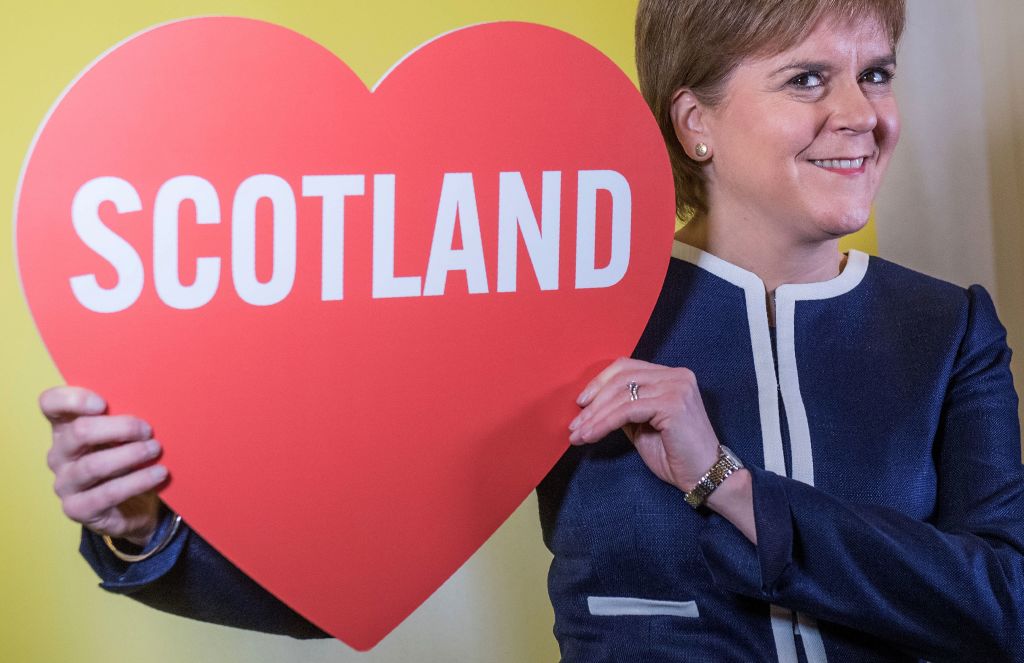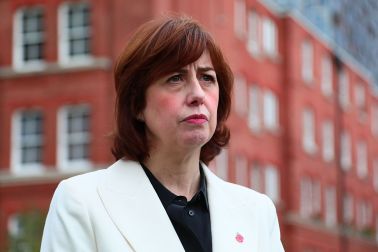In the run up to the 2015 general election, there was a lot of talk in Westminster about the demise of two-party hegemony. We were coming to the end of five years of coalition government and the thinking was that neither the Tories nor Labour could get a majority, possibly ever again. This theory has since been crushed as First Past the Post works its magic. But there is one exception to this: the SNP. From having only six MPs in parliament when Nick Clegg was deputy prime minister, they ended up with 56 after 2015, and though they dipped in 2017, they went back up to 48 seats in the House of Commons in December – their dominance of Scottish politics looks destined to continue.
The reason the SNP have managed this contains a lessons for all political parties: you can only be pure about one thing at a time, if you want to win. For the SNP, that one thing has been Scottish independence. Yes, the SNP have had a range of other policies during their time of growth – but none of them are red lines. If you support Scotland leaving the Union, you can get behind the SNP. It is their one absolute and anyone who knows anything at all about British politics knows that.
You might think the Lib Dems tried this – with Brexit being their purity test – but I would argue heavily against that view. If the Liberal Democrats wanted to be the ‘stop Brexit’ party during the 2019 general election campaign, then they should have used every second of public attention to get that particular message out. Their basic pitch in December should have been, ‘It doesn’t matter if you have voted Tory in the past, Labour in the past: if you want to stop Brexit, vote Lib Dem this time. Lend us your vote to stop Brexit.’
Instead, they hit everyone with a range of issues, badly muddling their communication with the electorate in the process. A good example is when Jo Swinson was asked about trans-rights near the end of the campaign and she went on about how transwomen are women for ten minutes. What she should have said was something like: ‘I have my own views on this, but I want to say that whatever your view on that particular issue, vote Lib Dems if you want to stop Brexit’.
In the end, the Lib Dems weren’t the ‘stop Brexit’ party but rather the ‘stop Brexit but only if you want to legalise drugs, change the voting system and fall heavily on one side of the transgender debate’ party. They found out there weren’t enough votes in that space.
Turning to the Greens: they could be a party about saving the environment and nothing else – if they were, I think they would have much more electoral success than they currently enjoy. A Green party that was pure about saving the planet could bring together Tory-leaning conservationists and centre-right-ish liberals who value the green issue above all, alongside their current support.
Instead, the Greens focus on how environmentalism can only be achieved through what amounts to socialism, or at the very least, a very left-wing version of social democracy. This alienates potential supporters, which in turn waters down their ability to actually change anything. You can’t be pure about saving the planet, and UBI, and social housing, and a dozen different other things all at the same time, when you only have one seat in parliament.
Even Ukip were about too many things at once. Had they been about nothing other than leaving the EU, they would have stood a better chance of gaining enough seats to change their trajectory as a party. Instead, they became a hard-right Eurosceptic outfit, which greatly narrowed their potential electorate. To his credit, Farage figured this out and the Brexit party became much more focused on Brexit alone; except by the time the December election rolled around, the Tories were entirely focused on the same issue and squeezed Farage’s new party out.
Let’s be clear: I’m not saying parties shouldn’t stand for more than one thing. But political parties, particularly small ones, need to think about what they really value and massively prioritise that. What is the one thing the party wants to achieve by existing? If you don’t have an answer, perhaps the party doesn’t need to exist. If you can figure what that one thing is fairly easily, stick to that as hard as you can.







Comments